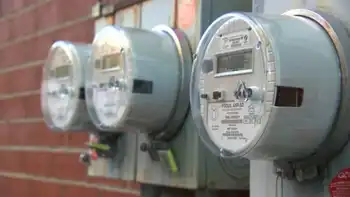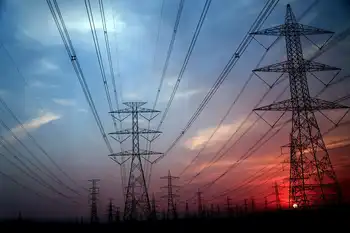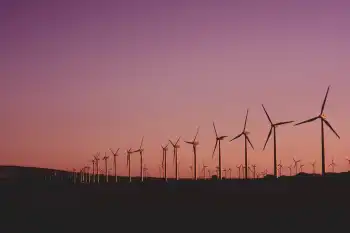Biofuel doubts hit Dutch renewable energy output
By Reuters
High Voltage Maintenance Training Online
Our customized live online or in‑person group training can be delivered to your staff at your location.

- Live Online
- 12 hours Instructor-led
- Group Training Available
Statistics Netherlands (CBS) said in a statement that power plants almost halved the use of biofuels in 2007 compared to 2006 after government subsidies were cut mid-2006, in part due to concerns about the environmental effects of some biofuels.
Environmentalists are worried that booming biofuel demand is encouraging destruction of rainforests to produce palm oil or sugar, as well as driving up food prices.
The Dutch government wants 9 percent of electricity consumption to come from green power sources by 2010 and 17 percent by 2020, to help fight climate change and make the country less dependent on fossil fuels like oil and gas.
The cabinet also wants renewables to make up 20 percent of total energy consumption in 2020 compared with 2-3 percent in 2007.
Electricity from wind, favoured by the Dutch government as a green energy source, increased by a quarter and accounted for half of renewable electricity in 2007, making it the most important renewable source, the CBS said.
New wind turbines and more wind increased electricity production, the CBS said, adding that the total capacity of wind turbines was 1,750 megawatts by the end of the year.
The Dutch government last month earmarked almost 1.4 billion euros ($2.1 billion) for green energy subsidies to help fight climate change for the period until 2014, and said wind turbines were cost effective.
German utility company RWE said it has filed plans with the Dutch government to build off-shore wind parks off the Dutch coast with a capacity of 2,000 megawatts.











